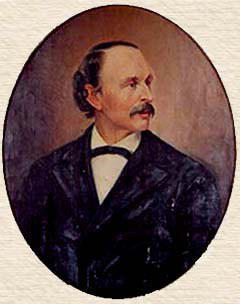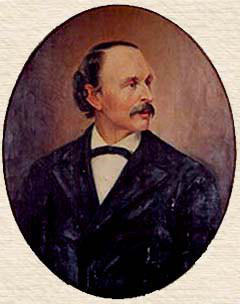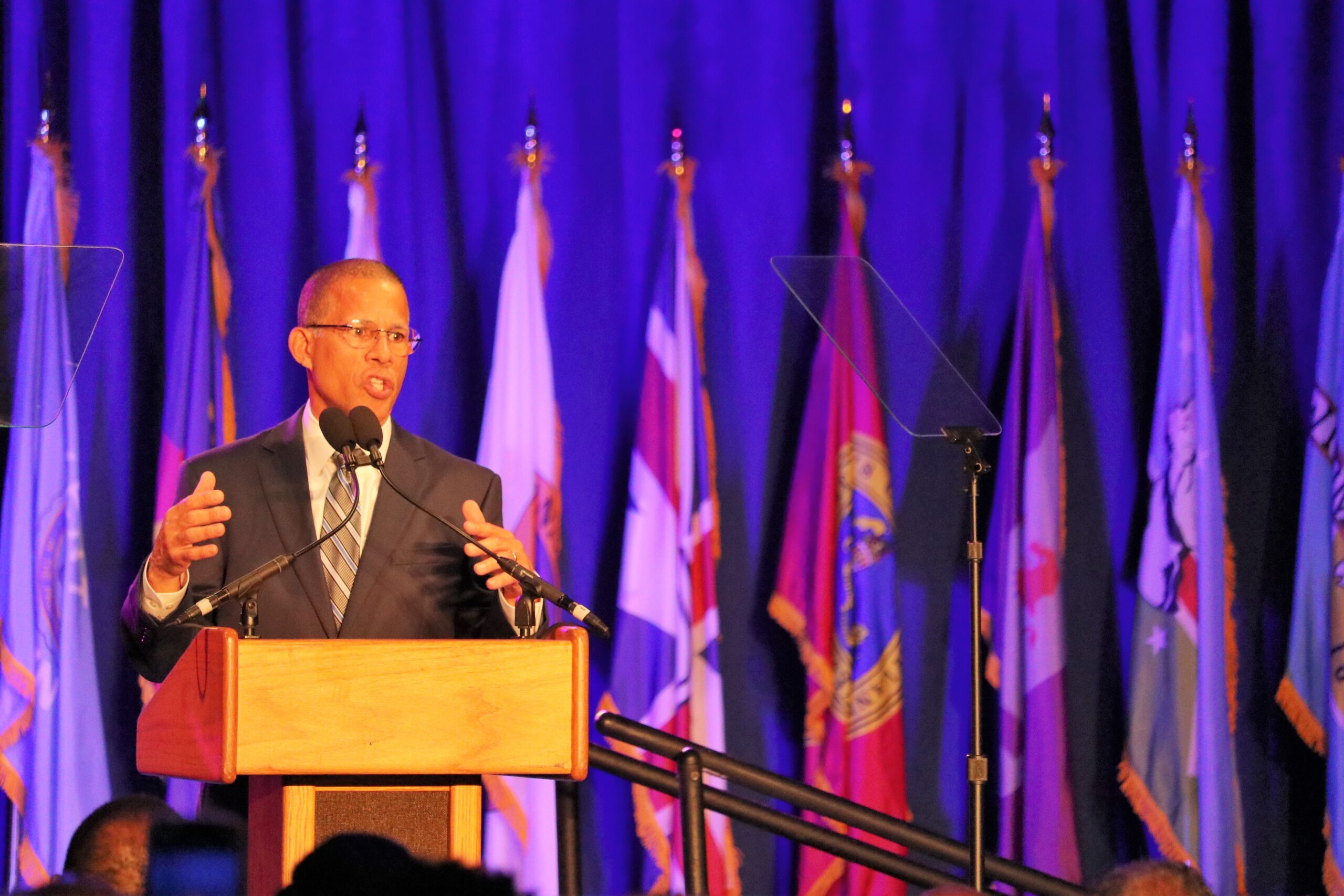Sing a New Song? Lawmakers Say No, Thanks

An effort to repeal Maryland’s state song will fall short for at least the eighth time in the last 45 years. All that’s left, following lengthy committee and floor debate, and amendment, is a timid recasting of “Maryland, My Maryland” as the state’s “historical song.”
“It’s a compromise,” Senate President Thomas V. Mike Miller Jr. (D-Calvert) acknowledged. “Nobody is happy.”
Sen. Cheryl C. Kagan (D-Montgomery) originally hoped to remove the song from its current status and have the state hold a contest to find a new song, one that celebrates the state’s diversity and contemporary values.
“Maryland, My Maryland” is “divisive, dated and racist,” she said on the floor. “It’s time to move forward on this. It is a relic of our past. It should not be celebrated anymore.”
The lyrics to the song are from a poem written by James Ryder Randall in 1861. Critics routinely seize on the description of President Lincoln as a “despot,” a “tyrant” and a “vandal” — and to the states of the Union as “Northern scum.”
 James Ryder Randall
James Ryder Randall
“The words themselves are a call to action,” said St. Mary’s College political science professor Todd Eberly. “Randall is angry that a friend of his is dead [killed in the Baltimore Riots, when Union troops who were being relocated clashed with Southern sympathizers]. He’s in Louisiana, and he wants Maryland to secede, and that’s exactly what these lyrics are toward.”
Sen. Robert G. Cassilly (R-Harford), an opponent of repeal, said the lyrics “appeal to Maryland’s historic past, to our glorious fight to our revolution and the like. And the author implores us to continue the fight, to fight and move forward.”
Eberly and several of the lawmakers who voted against Kagan’s bill rejected the suggestion that to embrace the song was to embrace racism.
“We’re getting to the point that history is [being considered] racist,” said Sen. Michael Hough (R-Frederick). “I think we need to be careful about that. … A song is a song. The people singing it today are not singing it with that in their hearts.”
But where some see a stirring call to action or a celebration of the state’s history, Eberly sees something else.
“Here we are, 140 years later, and so many people still can’t bring themselves to admit that this was, in fact, a war fought almost exclusively over the issue of [whether] states have the right to enslave other people.”
“We spent the better part of 100 years giving ourselves an alternative history — [that] this was about states’ rights [and that] slavery was tangential — and now folks are being told ‘you were given this white-washed version of things, and what you were told wasn’t right,’” he said.
The bill recasting “Maryland, My Maryland” as the state’s “historical song” was approved by the Senate 30-13 on the eve of a key legislative deadline. It will now be taken up by the House Health and Government Operations Committee.
Critics of the repeal expressed a concern that Marylanders would no longer be allowed to sing the song if the amended bill is adopted. “Our one day to shine, on the national level, is the Preakness,” said Senate Minority Leader J.B. Jennings (R-Baltimore County). “What are we going to sing then? What’s going to said in the commentaries?”
Miller offered reassurance. “This … is a compromise,” he said. “It doesn’t abolish the song. It says it is an historical song. And if anyone comes up with another song, they’ll come up with another song.”
Kagan said in an interview she has no plans to re-introduce her original bill next session. While she maintains the current lyrics are “distasteful and offensive,” she said, “I’ve done this work. I will move on.”
It’s unknown if Gov. Lawrence J. Hogan Jr. (R) would sign the bill if it reaches his desk. An email sent to his press office on Wednesday, a snow day, was not returned.
Eberly, the political science professor, likened the debate over “Maryland, My Maryland” to the fight over a disputed statue that used to be on the State House grounds of the Supreme Court justice who wrote the Dred Scott decision.
“This song, much like the Roger B. Taney statue, right on the grounds of the Capitol, goes beyond remembering history and glorifies it. By making this our state song, we’re embracing the sentiments it expresses.”
Ironically, Eberly said, the song “represents a viewpoint that Maryland, as a state, never held during the Civil War. Maryland did not secede. Maryland did not join with the South. And that’s what’s weird.
It’s a song that doesn’t even match with Maryland’s history during that era.”
Miller, a walking encyclopedia of Maryland history, noted at the end of the floor debate that “Oliver Wendell Holmes said it was the greatest motivational song he ever heard, and he fought on the Union side.”
Rather than pitch the song completely overboard, Eberly offers a compromise that includes a Union “response,’ written to the same melody some time after the original version, with different lyrics.
“There is a Union version of ‘Maryland, My Maryland,’” he said. “What I would love to see — and it’ll never happen — I would love to see the Maryland state song be the original version and the Union response interlaced, so we actually capture the diversity of Maryland history.”
Listen to “Maryland, My Maryland” here.




 Creative Commons Attribution
Creative Commons Attribution